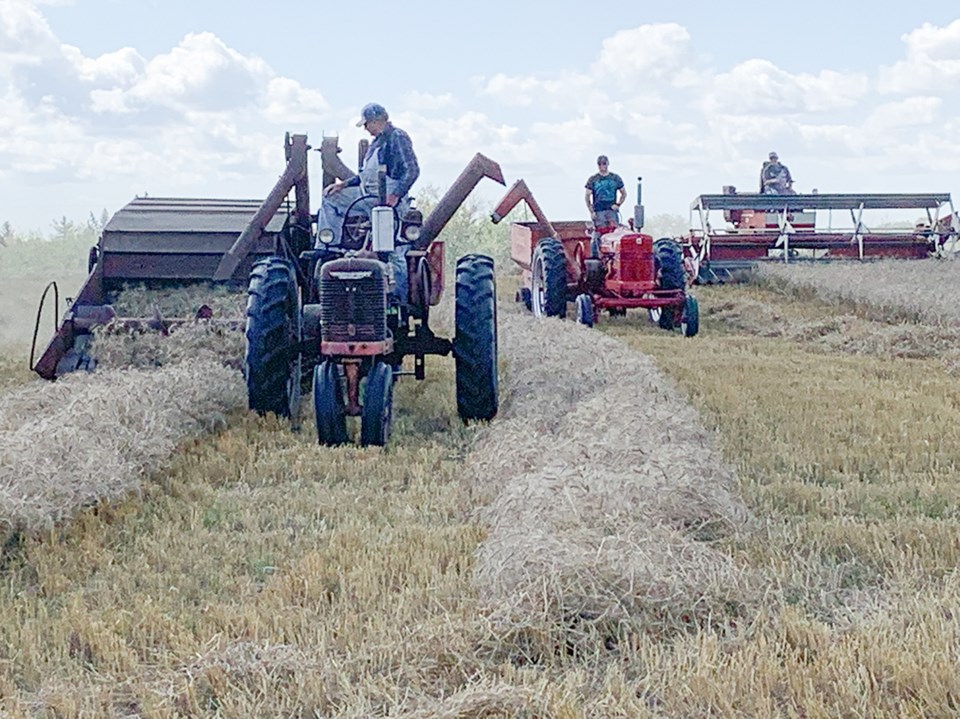YORKTON - It is simply amazing what science and research is achieving these days in term of farming’s future.
We live in a world where there is something of a backlash against science – at least among some with the time and inclination to flood social media with their concerns – a situation that should be concerning to most.
It would be a vastly different, and far less advanced world without science, and while there have been examples where initial discoveries in science were later proven badly flawed, that is in part the process of science. Something is studied, conclusions are drawn and the ‘discovery’ goes out into the world, where other researchers take fresh looks and sometimes nod their heads in agreement with the discovery, and at other times find serious flaws, something that comes to the forefront with ever expanding knowledge.
If we want 100 per cent guarantees from science, we are dreaming because science evolves with more research, with one ‘discovery’ building on another, and in the process creating better knowledge.
Certainly we need to have a process of review for many discoveries, but it would be folly to ever stop the research because what is learned tomorrow might be crucial to a better future.
For example, what fired this week’s column was a headline at : Researchers develop battery powered by soil.
The story by Robert Arnason noted “there can be billions of micro-organisms in a single gram of soil. That massive population of bacteria and fungi deliver many functions for crops, such as breaking down nitrogen molecules so the nutrient becomes available to plants.”
The story then goes on to scientists at the University of Bath in the United Kingdom “have learned that soil microbes can also perform a task unrelated to agriculture that may soon benefit farmers.
“The micro-organisms can generate electricity for a soil-powered battery.”
Branded as a Bactery, which is about the size of a baseball, it is hoped farmers will use the batteries to power the in-field sensors that are becoming more common in agriculture.
The idea of the soil providing electricity is simply put -- rather amazing – at least to this writer. That such technology has rather obvious farm applications is significant to the sector too.
But, a bigger question – one it is likely scientists have already asked themselves and are working to answer – is what can come next?
Where might the technology go in terms of an alternate energy source? What applications might it serve in the future?
Science is much like a bucket of Lego, each discovery (block) adding to what can be a much bigger project – these little batteries just one of those blocks.






